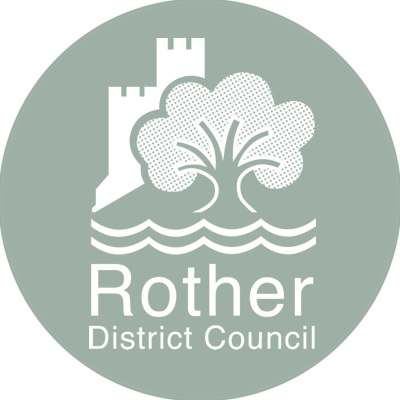Agenda item
Community Infrastructure Levy and Community Grants Scheme Criteria
- Meeting of Community Infrastructure Levy Steering Group, Monday 5th October 2020 2.00 pm (Item CIL20/14)
- View the declarations of interest for item CIL20/14
Minutes:
Since 2008, the Council’s had operated a Community Grant Scheme (CGS) with an annual budget of £130,000 drawn down from Earmarked Reserves. The CGS supported the development of community facilities, community activities and sustainable local action and applications were welcomed from voluntary or community organisations.
The report detailed the process for the Council’s CGS; as follows:
· Three types of grant namely small – up to £500; medium – up to £5,000; and large – up to £30,000.
· Medium and large grant applications were considered twice yearly in January and July.
· All applications assessed using a Grant Assessment Sheet against agreed criteria as detailed at Appendix 1 to the report.
· Applications were considered by a Panel consisting of two Cabinet Members; Chairman of Overview and Scrutiny Committee; Rother Voluntary Action Representative; Action in Rural Sussex Representative; Chairman of Rother Association of Local Councils and two Council officers (one finance).
Strategic Community Infrastructure Levy (CIL) retained by the Council could be used to fund a wide range of infrastructure such as transport, flood defences, schools, hospitals and other health and social care facilities, but not affordable housing. The Council must spend CIL on infrastructure needed to support the development of the district which would be informed by the Infrastructure Development Plan.
Where all or part of a chargeable development was within the area of a Parish Council, the Council would need to pass on a proportion of the Local CIL receipts. The local figure equated to 15%, except where a Neighbourhood Plan was “made” which would rise to 25%. Communities without a parish or town council still benefited from the neighbourhood portion; the Council would engage with the local community to agree how to spend the Local CIL. Therefore, this money could be spent on funding affordable housing. It was noted that Planning Practice Guidance advised that parish and town councils should liaise with the Council to agree priorities for spending the Local CIL.
During the debate the following key issues were noted:
· Applications received through the CGS were predominantly specific non-strategic projects (e.g. sport pitches/pavilions, kitchen equipment etc.) for the parishes, towns, villages and Bexhill.
· £130,000 from Earmarked Reserves was not sustainable and not good financial management; overspent during 2019/20. Suggestion that a small pot of Strategic CIL funding could be utilised to fund smaller CGS infrastructure projects. Flexibility in the current regulations were strict, therefore clear parameters would be required.
· Reduce CGS by £50,000 and use CIL money to make up the difference.
· Ideas were sought on how additional funding could be achieved. One suggestion was to investigate the opportunity of establishing a Rother District Council Lottery; advice would need to be sought from the Gambling Commission.
· Members were reminded that organisations would need to match-fund CGS grants; ensures community involvement.
The Steering Group agreed that the Principal CIL Officer should carry out a comparison exercise on how many projects (£) from CGS over the last two years could have been funded from CIL receipts and report the findings at the next meeting scheduled to be held on 2 November 2020. It was also agreed that the Community Grant Scheme officers investigate the option of establishing a Council Lottery and acknowledged that the current CGS funding from Earmarked Reserves was not sustainable.
RESOLVED: That:
1) the Principal CIL Officer to carry out a comparison exercise on how many projects (£) from CGS over the last two years could have been funded from CIL receipts and report the findings at the next meeting scheduled to be held on 2 November 2020;
2) the Community Grant Scheme officers investigate the option of establishing a Council Lottery; and
3) it be noted that the current Community Grant Scheme funding from Earmarked Reserves was not sustainable.
(Councillor Prochak declared a personal interest in this matter in so far as she is the Chairman of the Council’s Community Grants Scheme Panel and in accordance with the Members' Code of Conduct remained in the meeting during the consideration thereof).
Supporting documents:
